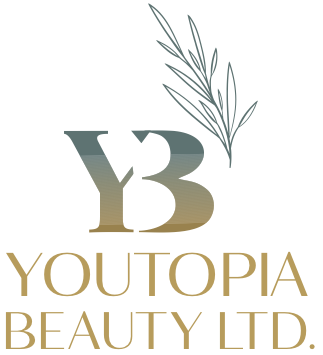Uncategorized
STOP DOING THESE THINGS TO YOUR SKIN IF YOU WEAR MAKEUP
- You shouldn’t be going to bed with your makeup on.
It’s important to know that your skin is incredibly dirty at night due to:
- sebum (oil) that secretes through your pores
- bacteria from touching your face all day with your hands and dirt under your nails (without even realizing it)
- makeup from setting powders, primers, blushes and liquid foundations
Letting your skin marinate in dirt, oil, and makeup all day and night can lead to clogged pores, breakouts, and contribute to a dull-looking complexion. It’s so important to cleanse your skin every night and perform a nighttime routine for your skin type.
2. Don’t count on cleansing wipes to remove your makeup.
Despite their convenience, I never suggest cleansing wipes (only), to remove face makeup because they don’t truly clean the skin. Instead, they smear dirt, bacteria, oil, and makeup across it. A cleanser without the addition of any water will break down and dissolve the dirt in the oily portion of the soap (surfactant) molecule only and remove it onto the wipe. However, it’s the actual rinsing action from water that removes it and cleans the skin. Essentially, using a wipe is like applying cleanser to your face with soap and then not washing it off.
3. Stop thinking that makeup is bad for your skin and that you need to let it breathe.
For starters, the skin doesn’t have a respiratory system so the concept of the skin “breathing” is a myth. The real truth is that face makeup when in the form of powder or liquid foundation, gives additional protection from the sun, even if it doesn’t list an SPF number. Since protecting your skin from UV light during the day should be priority #1, makeup can be extremely beneficial. Of course, you’ll want to choose the right type of makeup for your skin type to ensure it’s the best fit. (especially if your skin is not acne prone).
4. Stop tugging on your eyes when removing mascara and eye makeup.
Why is the eye area the first place on the face to show aging? It’s because the skin is very thin and it gets the most wear and tear from smiling, squinting and rubbing. (For those who are taking in and out their contact lenses every day, this adds additional stress to the skin tissue.) It’s very important to be mindful of being delicate with the skin especially when removing eye makeup.
Pro tip: Saturate a cotton pad with an oil-free liquid eye makeup remover and hold it onto the eye area for 30 seconds to melt away the eye makeup and mascara before gently wiping away.
5. Don’t neglect your makeup brushes.
I know it takes effort but if you’re not washing your makeup brushes at least once a month, they are truly filthy and are introducing dirt, oil, and bacteria to your skin every time they are touching your face. This is definitely not helping your skin’s health. Ideally, you would be washing them weekly or even more often for acne-prone skin types, but if you’re hardly ever washing them, then make it a goal to at least do it once a month. (As I’m writing this, it’s also a reminder that I’m long overdue for washing mine!) If you’re using a Beauty Blender (those trendy, bouncy makeup sponges), be sure to wash those after each use and replace it after three months.
6. Don’t allow your makeup to interfere with the natural healing process of a blemish.
The goal with any blemish is to make it go away as fast as possible with the least amount of scarring, right? Well, I’m here to tell you that your makeup could be causing a problem. When you have a blemish, there is infection and inflammation, and when makeup and concealer are applied, the oils and synthetic perfumes can travel into the blemish and further the aggravation. (In addition to touching your face all day with dirty hands!) After applying sunscreen, wipe the affected area with a damp cotton swab and apply a thin layer of your treatment. This creates an invisible seal over the blemish to prevent makeup applied afterward from disrupting the healing process..
